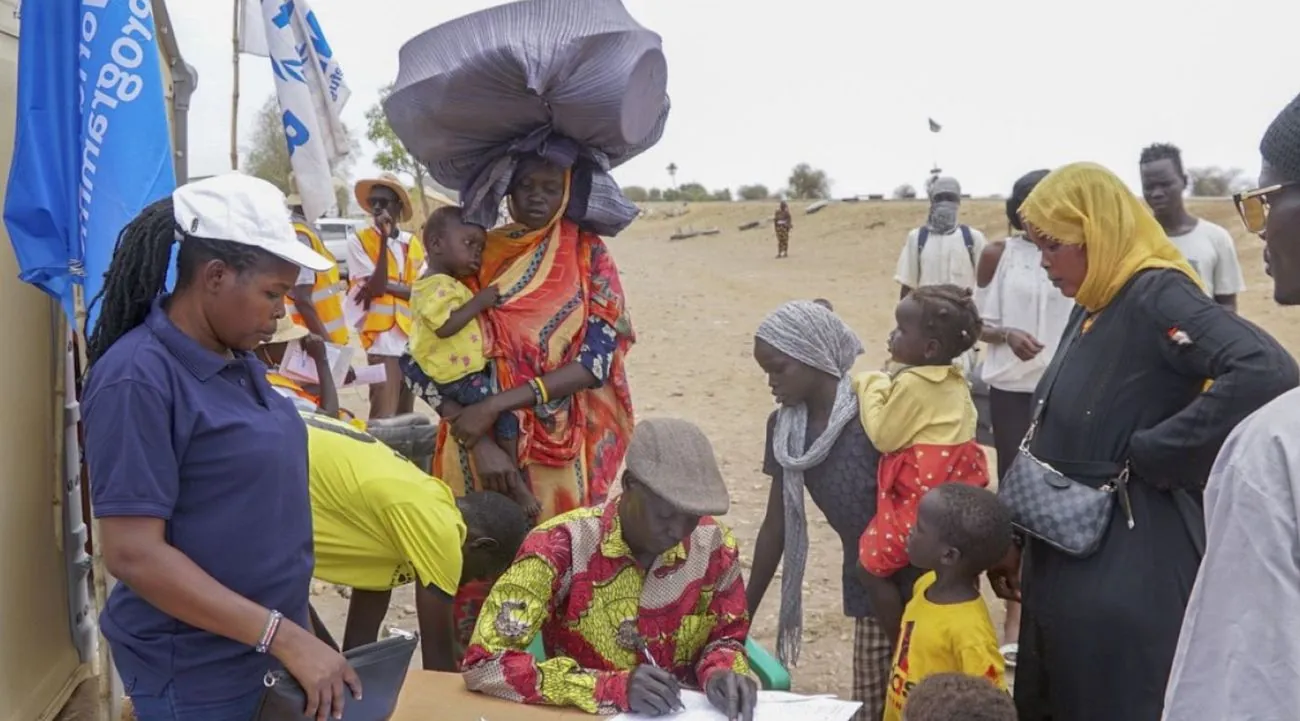The hunger situation in some areas of South Sudan has reached a critical level - UN
Kyiv • UNN
Due to the escalation of the conflict and famine in South Sudan, 7.7 million people need help. The UN reports that the situation has reached a critical level, especially in the Greater Upper Nile region.

The population of northeastern South Sudan is on a critical threshold due to the escalation of conflict and famine, which is approaching record levels.
UNN writes about this with reference to the World Food Program (WFP) of the UN.
Details
With the start of the pre-harvest season in South Sudan, almost 7.7 million people are facing a level of hunger that is classified as critical, emergency or catastrophic (IPC3+). These are record figures so far. About 3.1 million of them live in the conflict-affected Greater Upper Nile region in northeastern South Sudan.
The northern part of the Greater Upper Nile region has been most affected by the escalation of the conflict. Here, a million people there faced a high level of hunger.
The WFP also reported that more than 1.1 million people have fled to South Sudan since the start of the war in Sudan, most of them arriving in Upper Nile. Almost half of the people who are currently facing a catastrophic level of hunger in South Sudan are repatriates from Sudan.

WFP reported that it intends to provide food assistance to more than 450,000 people in Upper Nile State, giving priority to those facing emergency and catastrophic levels of hunger, but the active phase of the military conflict is slowing down this process.
The UN Humanitarian Air Service (UNHAS), operated by the WFP, continues to operate passenger and cargo flights to conflict-affected areas of Upper Nile. This vital air bridge is necessary to ensure the uninterrupted flow of aid to people in Upper Nile State.
In the northern city of Malakal, WFP has more than 9,000 metric tons of food. This is enough to feed more than a million people for a month, as well as additional supplies in the city of Bor and the capital Juba.
Upper Nile State has also been severely affected by the cholera outbreak. The logistics cluster under the leadership of WFP delivered 35 metric tons of cholera medicine and hygiene and sanitation products to conflict-affected areas, and another three metric tons are ready for transportation.
In addition, due to the dangerous situation, food assistance has been suspended in six hunger-affected areas in order to save its people. Assistance will be resumed when conditions are favorable. In addition, WFP has a funding deficit of US$396 million by the end of 2025.
Addition
According to Emergency Lawyers activists, who document human rights violations, more than 200 people have died in the last three days as a result of attacks by the Sudanese Rapid Support Forces .. We are talking about attacks on unarmed civilians in a number of areas, including in settlements in which there is no military presence.